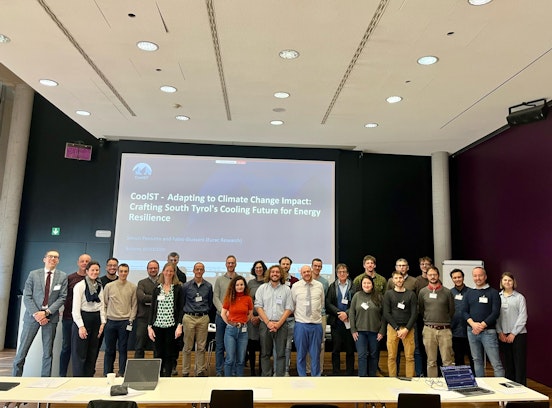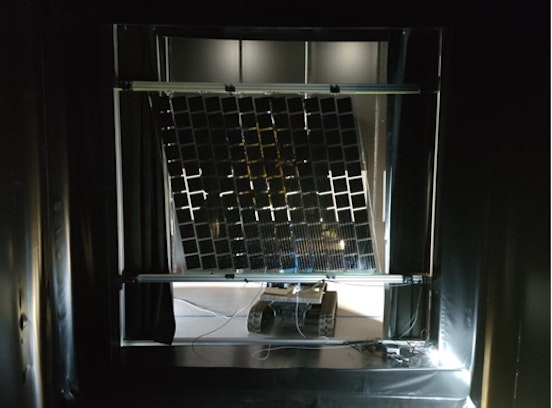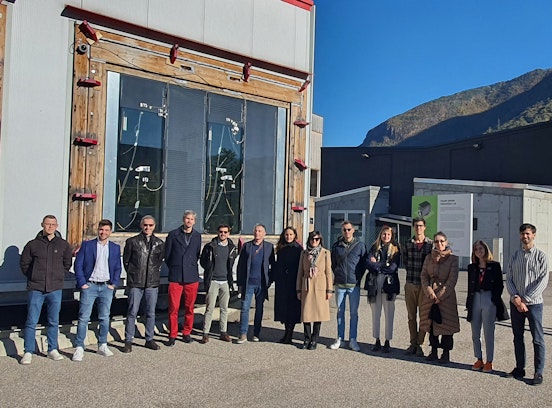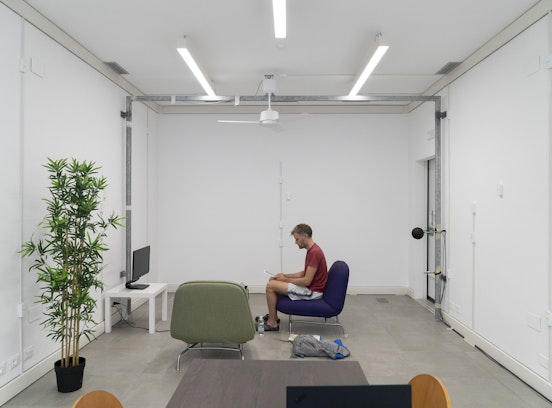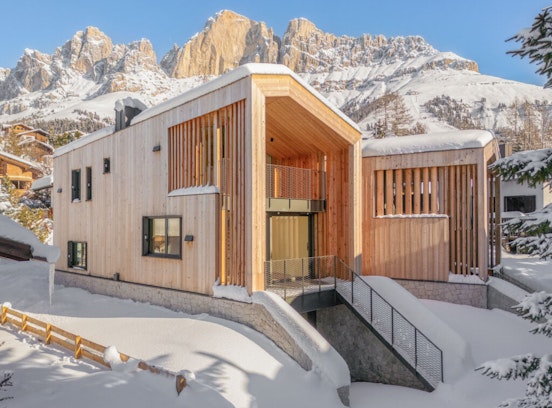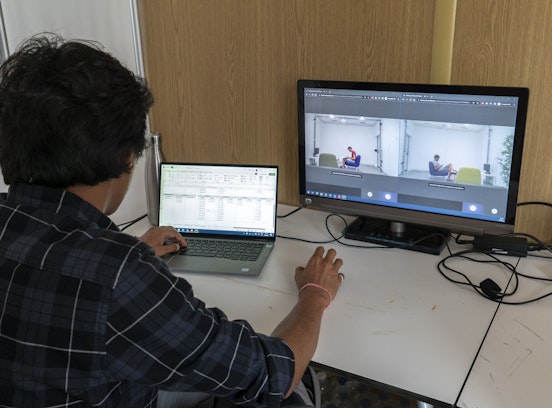Institute for Renewable Energy - Energy Efficient Buildings - News & Events - Thermal comfort and indoor air quality in schools
Thermal comfort and indoor air quality in schools
New publication analyses students' perception and impact of perceived control on satisfaction
Providing high levels of Indoor Environmental Quality (IEQ) in classrooms and reconciling them with the need to save energy is essential to ensure student and teacher comfort and learning performance. New Eurac Research publication "Thermal comfort and adaptive capacities: Differences among students at various school stages" published on the scientific Journal "Building and Environment" analyses a dataset of 1171 subjective responses and indoor environmental parameters collected in twenty-six school and university classrooms in the Province of Pisa in order to explore the accuracy of the main comfort models (PMV-PPD model and EN 16798-1 adaptive model) in estimating the sensation thermal preference and acceptability in each of the educational stages and with the aim of exploring the influence of perceived control, as a psychological adaptation factor, on thermal comfort and the perception of indoor air quality and the risk of COVID-19 infection.
"The study aims to make an innovative contribution to the existing scientific landscape, being the first to simultaneously involve all educational stages in the same geographical area and the first to focus on the problem of perceived control in school buildings" says Giulia Torriani, first author of the paper who is going to present this work the next 11th May at the REHVA Student Competition 2023 in Brussels.
The scientific work has indeed been selected to represent Italy in the competition. REHVA awards this annual prize for outstanding work by students from its member states and each member state can only nominate one work. Eligible student work includes work related to REHVA activities, including but not limited to heating/ventilation/air conditioning/refrigeration, indoor environmental quality, energy efficiency and energy management, sustainability, building services.
Link to the final version of the publication

